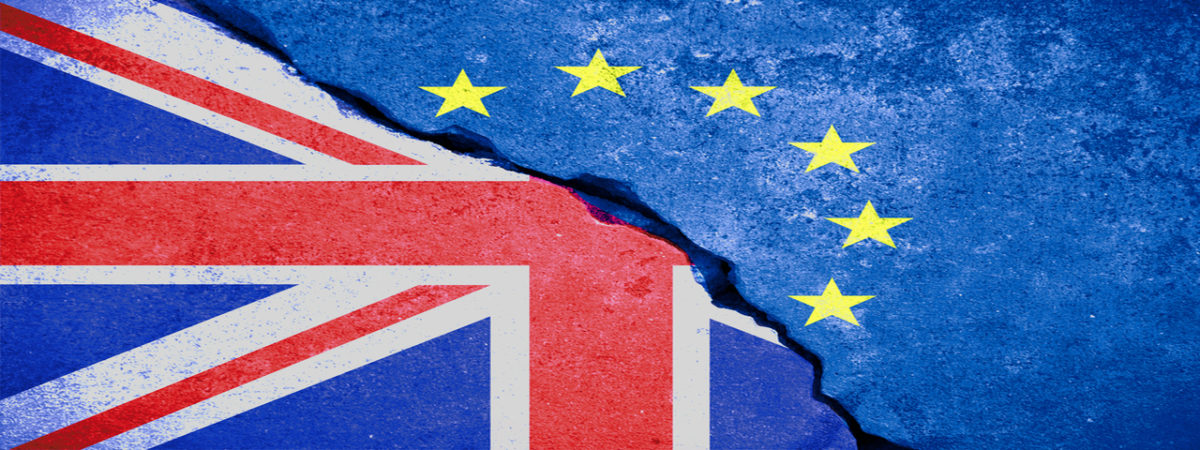Brexit provides real opportunity to bring down electricity bills for low-income households
SUGGESTED

Reaction to Hammond's u-turn on National Insurance Contributions


IEA releases report on energy policy
There has been speculation that the current government may look to cap energy prices, which would deter investment in the sector and likely lead to supply shortages. Price controls would reduce competition among energy firms, and anticipation of a cap could prompt steep price hikes before it was introduced.
Instead, the Government should harness the opportunity Brexit provides to simplify energy policy and make headway in tackling the cost of living crisis in this country. After the UK leaves the EU, it will no longer be subject to the range of subsidies, quotas and targets set by the European Commission. A new report from the Institute of Economic Affairs recommends that instead of subsidising rich and poor alike as the current VAT and winter pensioner payments do, cash subsidies in the form of electricity vouchers should be provided for the lowest-income households to specifically target the vulnerable.
With regard to environmental objectives, experience from the 1990s shows that we can meet these whilst ensuring costs remain reasonable. Phasing out existing crude interventions, such as the Climate Change Levy, Energy Company Obligations, and renewables subsidies, in favour of a cap-and-trade-scheme would reduce industrial energy bills significantly.
Problems with current policy
State intervention distorts the price mechanism in electricity markets
- In recent years, the link between the retail electricity prices and the market price of fuels has been weakened.
- This is because the share of the regulated component of costs (i.e. environmental and social policy) in the final price of electricity has more than quadrupled in just over five years.
Contradictory policies that are not economically efficient
- Government policies promoting affordability – a lower VAT rate encourages more consumption while other schemes seek to reduce it at the same time. And subsidising rich and poor alike through a reduced rate of VAT is inefficient.
- Promoting renewables leads to more intermittent capacity, requiring additional emergency supply which is provided from dirtier fuels, thus counteracting decarbonisation measures.
- Guaranteeing electricity prices discourages the competitive provision of electricity therefore compromising affordability.
Recommendations
- Decarbonisation – the Government should phase out the Climate Change Levy, Energy Company Obligation and Carbon Price Floor in favour of a single-market based mechanism such as a cap-and-trade scheme which would apply to all CO2 emissions.
- Support for vulnerable households should be provided in the form of electricity vouchers to offset monthly bills, with utility bills taxable at the full VAT rate. The VAT subsidy and Warm Homes Discount should be phased out.
- Energy efficiency can also be achieved through electricity vouchers to make homes more efficient.
- Energy sourcing – the Government should establish a decarbonisation target and allow energy markets to adjust to it in the most efficient way.
Commenting on the report, author Diego Zuluaga, Financial Services Research Fellow at the Institute of Economic Affairs, said:
“The UK’s interventionist energy policies have caused prices to rise by over 50% for households and businesses over the last 15 years. Interventions aimed at reducing greenhouse gases have been particularly costly. It doesn’t have to be this way: in the 1990s, electricity charges fell by over 25% even as Britain cut its carbon footprint.
“Leaving the EU will remove Britain from the European Emissions Trading System, as well as the 20-20-20 targets for renewable energy generation. The government can replace these policies with domestically generated and more economically efficient alternatives such as a system of pollution permits which cuts emissions in the most affordable way.”
Notes to editors:
For media enquiries please contact Nerissa Chesterfield, Communications Officer: nchesterfield@iea.org.uk 020 7799 8920 or 07791 390 268.
To download the briefing, A Post-Brexit Framework for Electricity Markets please click here.
The mission of the Institute of Economic Affairs is to improve understanding of the fundamental institutions of a free society by analysing and expounding the role of markets in solving economic and social problems.
The IEA is a registered educational charity and independent of all political parties.
Fullscreen Mode



